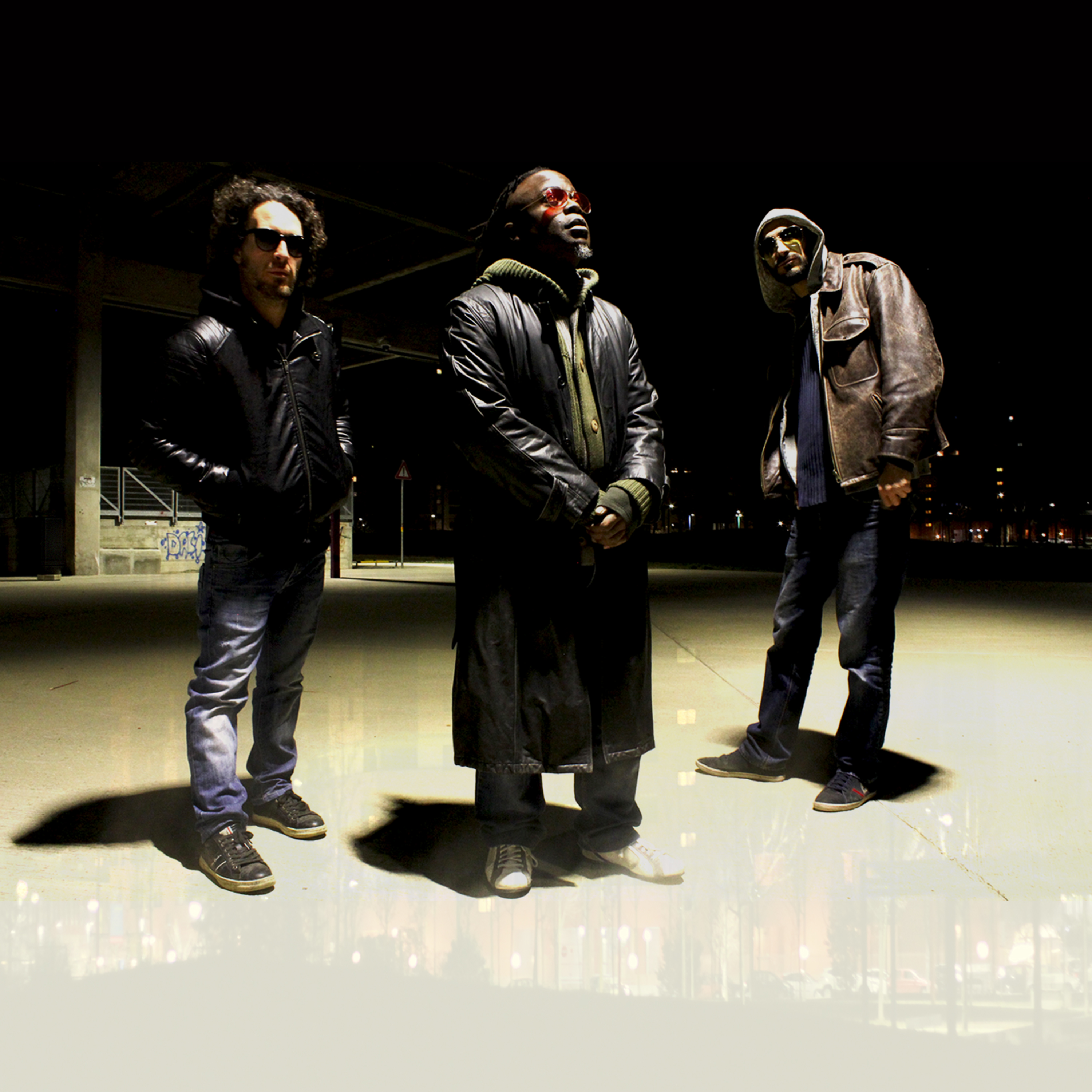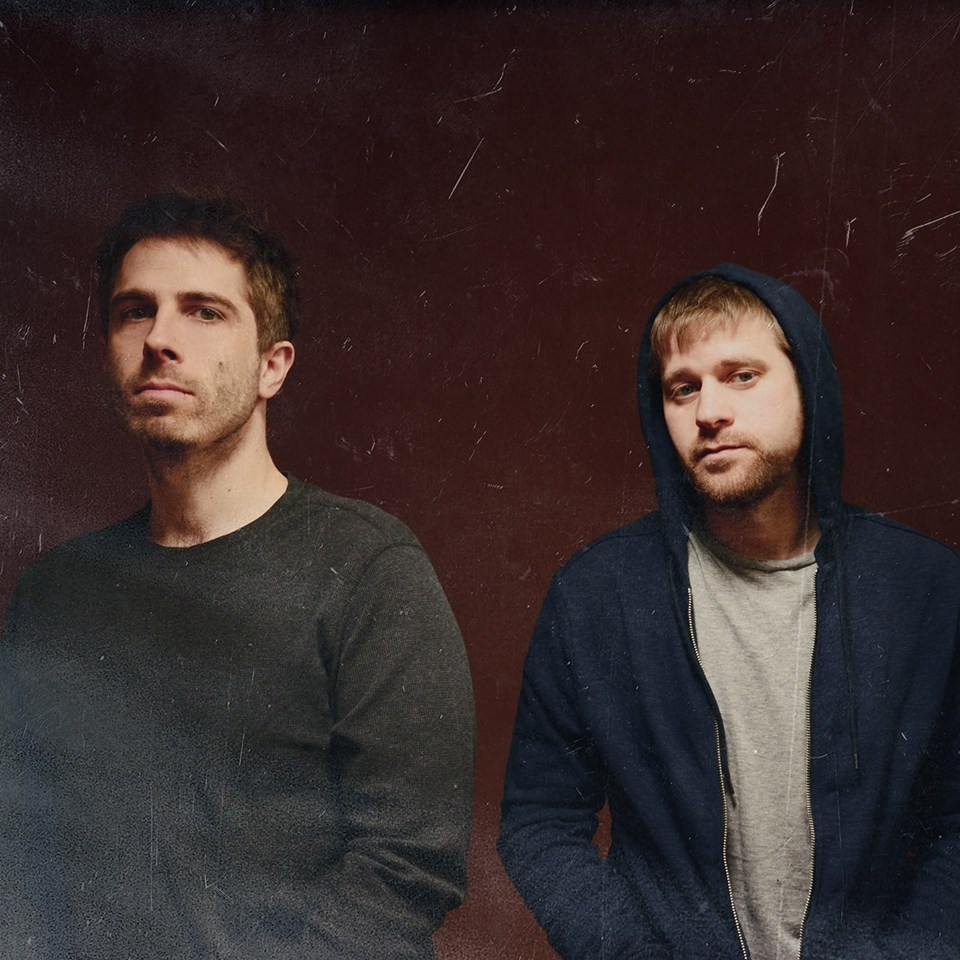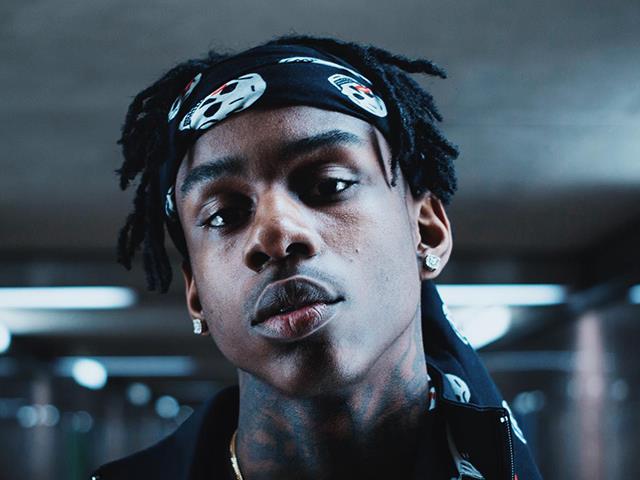Connected to a Song: ‘Diamond’ by Stick To Your Guns
If music plays a big part in your life, there will probably come a time when songs are released at just the right time to make a significant impact.
Be it a happy track on a road trip with friends, or a sad song that comes into your life as someone leaves it, there are an infinite number of reasons a song becomes so much more than just a piece of music. These tracks transcend others, leaving long-lasting associations that you always feel on an emotional level.

In may of 2012, Sumerian Records artist Stick To You Guns released their fourth studio, Diamond. That January I was 18 and had just moved back to my parents house following a disappointing freshman semester at Western Carolina University. Feeling defeated and disillusioned, I was struggling to generate passion for anything. Setting goals and move forward seemed a huge challenge.
After deciding to go back to school following a number of necessary personal changes, I was beginning to gain a little bit of traction when I heard Diamond for the first time. The whole album became a personal favorite, but the moment that stands out to me was hearing the intro song and title track “Diamond.”
I remember immediately feeling more emotion for the two-and-a-half minute track than I had felt for anything in months.

Stick To Your Guns often employ sound bites to add a unique flavor to their songs, and “Diamond” begins with a mashup of monologues from Indian philosopher Jiddu Krishnamurti. Anti-nationalistic, anti-religious, and anti-hate, the late revolutionist’s words have always resonated with me. I heard his soft spoken but stern words accompanied by an introduction from one of my favorite bands and was instantaneously hooked.
In this there is no teacher, no pupil; there is no leader; there is no guru; there is no Master, no Savior. You yourself are the teacher and the pupil; you are the Master; you are the guru; you are the leader; you are everything.
(Jiddu Krishnamurti’s words borrowed from the intro of “Diamond” )
Krishnamurti’s narrative centers on rejecting external factors and finding the answers for growth and happiness within.
The first half of the song concludes with Krishnamurti’s words, urging you to “be the light to themselves in a world that’s so utterly becoming dark”.
This immediately gives way to vocalist Jesse Barnetts voice ringing out with his own parallel to the philosophers message: “I know that what’s in front of me, is a reflection of what is inside of me.”
These words soar over a backdrop of dueling guitars, a gritty bass, and blasting drum beats. All of this combines to create something that’s more than just music, it’s powerful. The theme is centered around not only finding yourself, but also learning to accept and embrace who you are while simultaneously growing as a person.

“I think people should be more inwardly focused. And in no way do I mean selfish or self centered. But being honest with yourself is one of the most important things you can do. This is who I am and this is what I would like to see changed in my life. The second I started doing that I realized the pieces in my life started falling place a lot easier than I expected. People should look into their hearts instead of voting for someone they think is going to change the world. Realize we are all part of the problem. Once you realize that, you can start becoming a part of the solution”.
Jesse Barnett on the lyrics to “Diamond”
Barnett’s interpretation of Jiddu’s message concludes with the vocalist crying out “I am forever more than just surviving/this is my life and this life is my diamond.” He then highlights the fleeting fragility of life by repeating “my time/ your time/ our time is running out” until the song’s abrupt ending.
This is the band’s way of expressing what humans have found infinite ways to say: your time on this earth is short, your life is precious. Find a way to make it count.
I credit this song — and entire album — with gripping my hand and pulling me out of a very difficult period of my life. It is music that reminded me what passion felt like and pushed me to use the gift of life to effect some form of change.
If I took one thing from this track and brought it with me over the course of the last six years it’s the mindset that I am “forever more than just surviving.”




